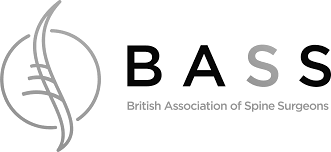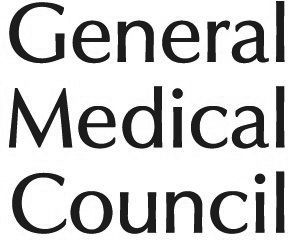Prof. David Choi, Consultant Neurosurgeon
Prof. David Choi
Consultant Neurosurgeon
Prof. David Choi MA MBChB FRCS PhD
Consultant Neurosurgeon
Prof. David Choi
Consultant Neurosurgeon MA MBChB FRCS PhD
Areas of expertise
- lumbar disc disease, disc prolapse, Back and leg pain
- cervical disc disease
- Chiari malformation
- Spinal tumours, Spine and clivus chordomas and sarcomas
- Spinal injury and Brachial plexus injury

Recommendations for Prof. Choi
These recommendations are for information purposes only. Doctors providing recommendations do so in good faith and are not responsible for clinical outcomes.












Recommended by:
Make an appointment
Address
-
Golders Green Outpatients and Diagnostics Centre
Roman House, 296 Golders Green Road, Golders Green, London, NW11 9PY
-
Platinum Medical Centre
15 - 17 Lodge Road, London, NW8 7JA
-
The Wellington Hospital
Wellington Place, St John's Wood, London, NW8 9LE
About Prof. David Choi
Prof. David Choi is a Consultant Neurosurgeon based in London, UK. He holds private practices at The Wellington Hospital and The National Hospital for Neurology and Neurosurgery, Queen Square London. His NHS practice is also at the National Hospital for Neurology and Neurosurgery. Additionally, he serves as a Prof. essor of Neurosurgery at University College London. Prof. Choi graduated from Emmanuel College in 1989 with a first-class BA degree in Medical Sciences.
He then pursued clinical medicine in Edinburgh, earning his MBChB. Following this, he completed his general surgery at the Glasgow Royal Infirmary and underwent specialist neurosurgical training at the Glasgow Institute of Neurological Sciences. He obtained a PhD in neurodegeneration and completed his specialist training at the National Hospital for Neurology and Neurosurgery.
Prof. David Choi has published numerous peer-reviewed publications and book chapters. He was awarded the Hallett Prize medal from the Royal College of Surgeons, London. His areas of expertise include spinal disc surgery, endoscopic surgery, microsurgery, and minimally invasive pedicle screws. He is also Prof. icient in open spinal instrumentation, craniocervical junction surgery, and neuronavigation. Prof. Choi treats a wide range of conditions such as lumbar disc disease, sciatica, disc prolapse, cervical disc disease, and spinal tumours. He is also experienced in managing metastatic disease, schwannomas, meningiomas, ependymomas, and Chiari malformation. His interests extend to spinal injury and brachial plexus injury. Prof. Choi has been in practice since 2004.
Areas of expertise
- General neurosurgical procedures
- Complex spinal surgery
- Spinal cord tumours
- Spinal instrumentation
- kull base surger
- Soft Tissue Cancers
- Spinal Surgery
- Brain & Central Nervous System Cancers
Professional memberships



Articles by Prof. David Choi
Disorganization of the facial nucleus after nerve lesioning and regeneration in the rat: effects of transplanting candidate reparative cells to the site of injury
Somatotopic organization of the facial nucleus is disrupted after lesioning and regeneration of the facial nerve: the histological representation of synkinesis
A prospective observational study of the yield of olfactory ensheathing cells cultured from biopsies of septal nasal mucosa
An experimental model of ventral root repair showing the beneficial effect of transplanting olfactory ensheathing cells
Outcome of 132 operations in 97 patients with chordomas of the craniocervical junction and upper cervical spine
Single-cell transcriptome analysis reveals subtype-specific clonal evolution and microenvironmental changes in liver metastasis of pancreatic adenocarcinoma and their clinical implications
Upadacitinib Is Effective and Safe in Both Ulcerative Colitis and Crohn's Disease: Prospective Real-World Experience
SARS-CoV-2 vaccination modelling for safe surgery to save lives: data from an international prospective cohort study
Multidisciplinary consensus guideline for the diagnosis and management of spontaneous intracranial hypotension
Risankizumab Effectiveness and Safety in Crohn's Disease: Real-world Data From a Large Tertiary Center

 Instant booking
Instant booking
















